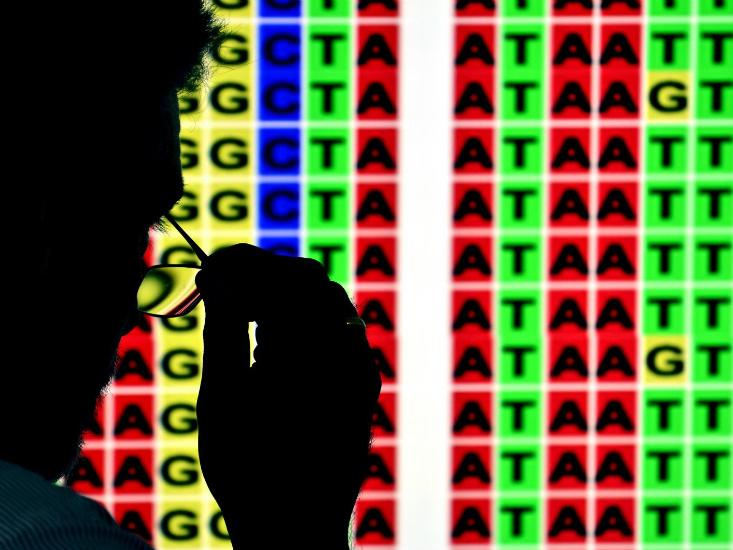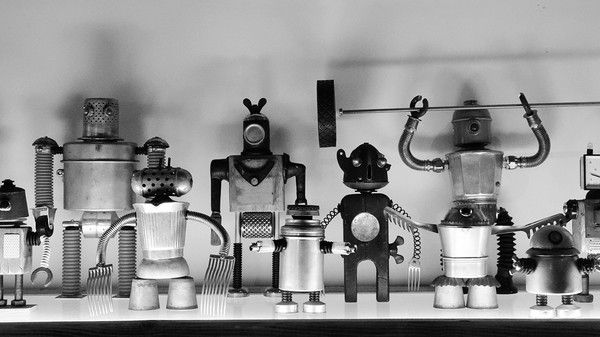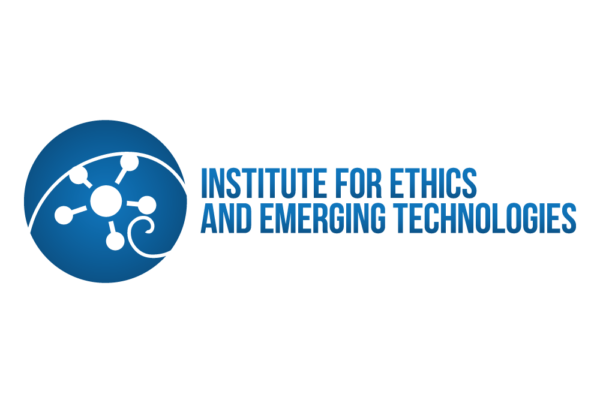Rebecca Boyle — aeon
Five years ago, in a new city and in search of a new hobby, I decided to try playing a musical instrument for the first time. I had never learned to read music; in my grade school, the optional orchestra class was offered at the same time as the optional robotics class, and I chose the latter. Understanding nothing about chords or music theory, I settled on the relatively simple mountain dulcimer, a three-stringed lap instrument from Appalachia.
I was proud of how quickly I picked it up. I could replicate many of the old-time fiddle tunes, Civil War ballads and Ozark folk songs my instructor played during demonstrations, and I learned to discern notes by ear. I was hardly a virtuoso, however, and after a few months I hit a plateau. I could hear how they were supposed to sound, but challenging, faster-tempo songs remained out of my grasp. Frustrated, I distinctly remember thinking: ‘If only I’d learned music as a kid, I might have been great at this.’
Read more





 By
By  Quoted: “Blockchains are thus an intriguing model for coordinating the full transactional load of any large-scale system, whether the whole of different forms of human activity (social systems) or any other system too like a brain. In a brain there are quadrillions of transactions that could perhaps be handled in the universal transactional system architecture of a blockchain, like with
Quoted: “Blockchains are thus an intriguing model for coordinating the full transactional load of any large-scale system, whether the whole of different forms of human activity (social systems) or any other system too like a brain. In a brain there are quadrillions of transactions that could perhaps be handled in the universal transactional system architecture of a blockchain, like with 







